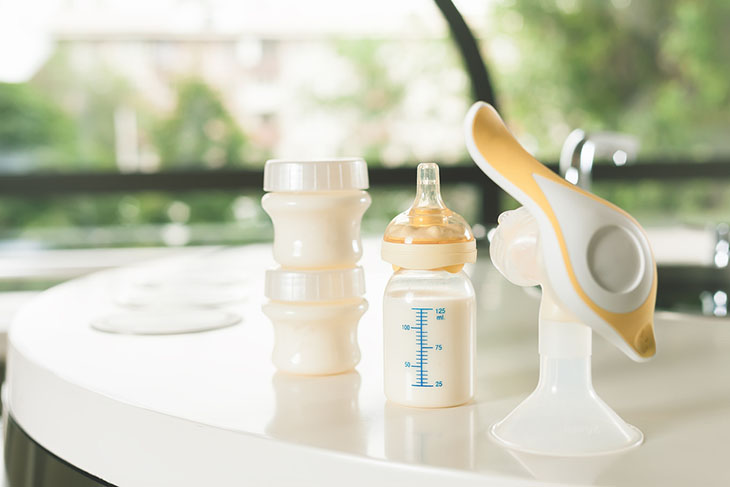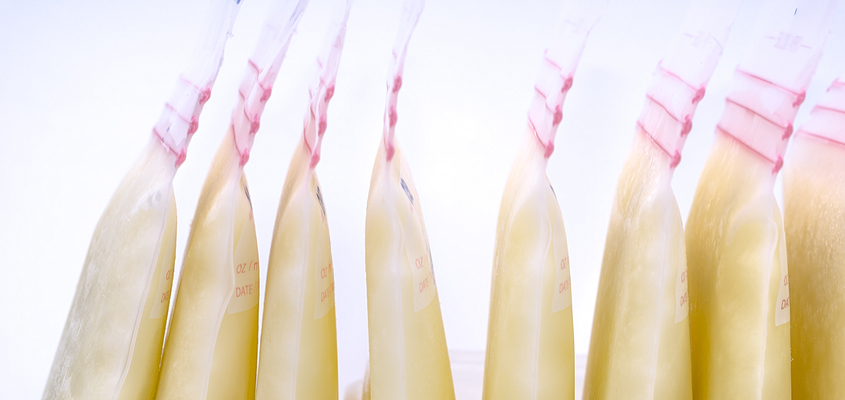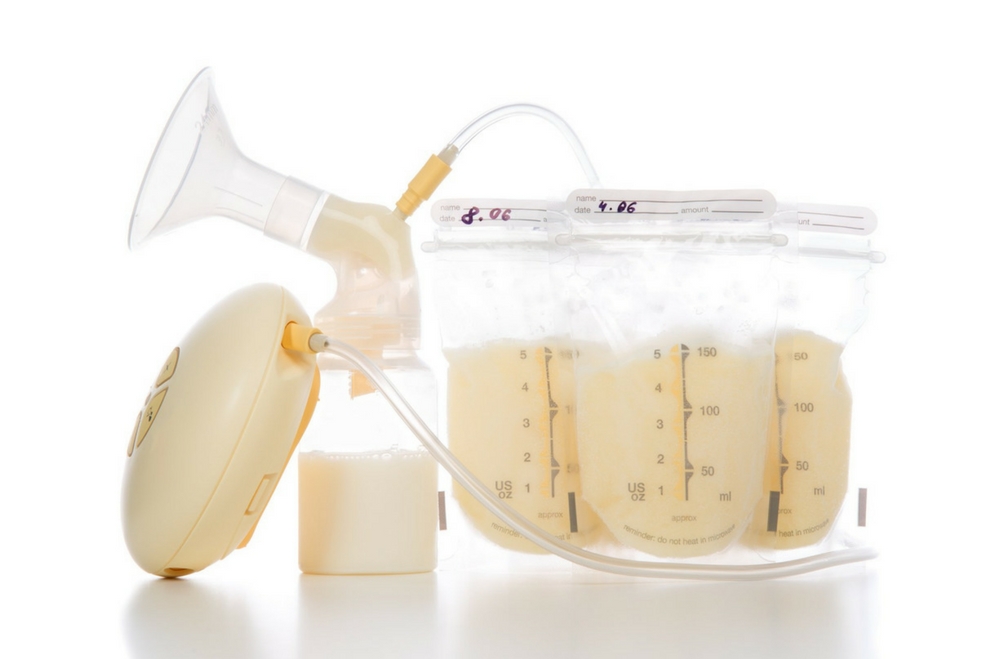As a breastfeeding mother, one of your top concerns is whether you are producing sufficient milk for your child, especially if you hope to breastfeed exclusively. After all, the World Health Organisation (WHO) recommends exclusive breastfeeding for six months as the optimal way of feeding infants. So what’s a Singaporean mum to do if they wish to feed their little one breast milk but is unable to produce enough herself.
Enter Human Milk 4 Human Babies (HM4HB) Singapore, an online milk-sharing platform that allows mothers who are looking for breast milk and those who have breast milk to spare to connect with one another. Mummyfique speaks to HM4HB spokesperson Khatim Hamidon, to find out what mothers who are looking for donations or want to make donations should do.

Mummyfique: Are there any guidelines that mummies looking to donate breast milk should follow on HM4HB?
Khatim: They should be aware of the pros and cons of making a breast milk donation. They should also be comfortable with the mum that they are matched up with and the agreement that both parties come to. No monetary remuneration should be expected as HM4HB strictly prohibits the sale of breast milkon our platform.
How should donated breast milk be stored?
Breast milk should be pumped and stored in breast milk containers according to the manufacturer’s’ instructions. Each container should be dated and consumed within a safe time frame. The life span of the milk will vary based on where it is stored at. You can also refer to this healthxchange article for more tips on storing breast milk.
If I’m a mother who is looking for breast milk donations for my baby, what are something I should keep an eye out for?
Don’t be afraid to ask the potential donor mum about their health, diet, and the age of their baby. These are details you need to know as it may affect the type of milk that she is donating to you. At HM4HB, we always encourage honesty and full disclosure from the donating and receiving mum.
I would recommend trying to get a donor mum whose baby’s age is close to yours as a mother’s breast milk composition changes together with the baby’s needs as he grows.
How can mums ensure that the breast milk they receive is safe?
Breast milk donation should not be taken lightly and we expect HM4HB members to be responsible. Many mums who donate go through a variety of tests to ensure that they are free from diseases and usually the milk that is donated was intended to be for their own child. There is a lot of mutual trust involved, and we believe no one would intentionally harm their baby and they would take extra care to pump and store their milk.
For mums who have received donated breast milk, I suggest flash-heating the milk (heating a glass jar of expressed breast milk in a pan of water over a flame or single burner) before giving it to your baby. This method is used to kill possible viruses in breast milk, including HIV.
Always do a smell or taste test to see if the milk is still in good condition. The donated breast milk could smell soapy due to high levels of the enzyme lipase, but don’t worry, the milk is fine, though some babies may not like the taste. Flash-heat the milk to get rid of the excess lipase and the soapy taste. The milk you receive may also look layered due to the separation of the fats and liquids in breast milk.

Here are some mums who have donated their breast milk and they share why they did it and tips that they have for other mummies looking to do the same.
“I donate as I want to help other mums who may not be able to breastfeed their baby and I am very meticulous when it comes to breast milk storage. I freeze breast milk as soon as possible after I pump so that proteins don’t denature. I also eliminate any air bubbles before freezing the milk, label the bag with date and quantity, and freeze the bags flat so it is easy to store.”
– Candice, mum to a five-and-half-month-old girl
“Most donors, like myself, are donating the excess breast milk that we have from pumping, and we’re giving others the same thing that we feed our own babies with. Donors should also have a clean bill of health and not have any existing transmittable diseases. To ensure that I have the best milk possible for my own baby, I take lots of fish, calcium and probiotics, and consume little to no processed food, maintaining as clean a diet as I can.”
– Shiyun Ong, mum to a four-month-old girl
” For me, my milk has caused breast milk jaundice previously so I do not donate my milk to babies younger than five months old. I donate my breast milk as I have an oversupply of milk, and want to help other mothers if I can. As what I believe what I eat affects how nutritious my milk is, I take Vitamin D, prenatal and postnatal vitamins regularly.”
– Shi Hui Ong, mum to a six-month-old boy
To find out more about Human Milk 4 Human Babies Singapore, click here.
Also read: Tammy Tay (@Ohsofickle) On Breastfeeding & Donating Breastmilk



